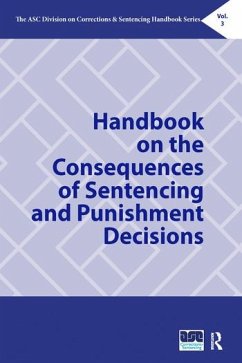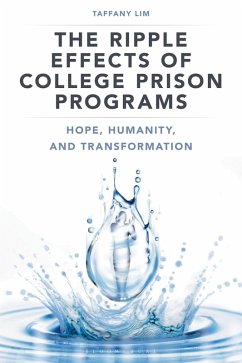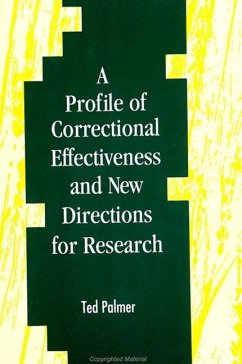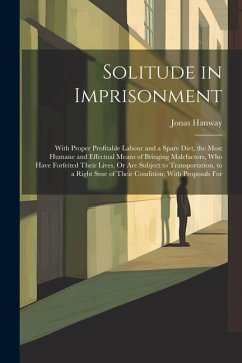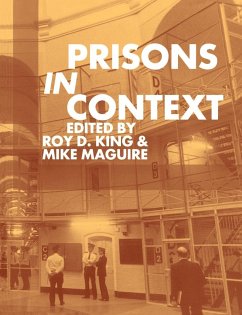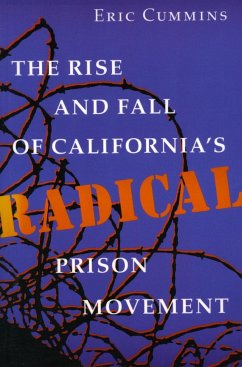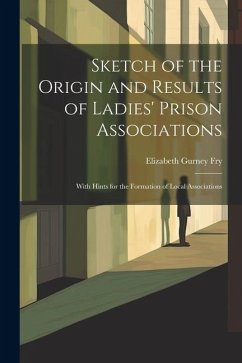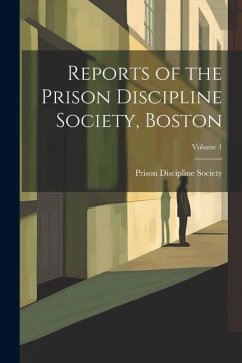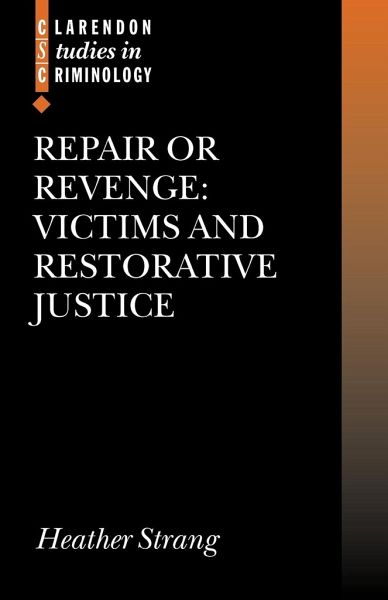
Repair or Revenge
Victims and Restorative Justice

PAYBACK Punkte
31 °P sammeln!
A series of randomized controlled trials in Canberra, known as the Reintegrative Shaming Experiments (RISE), has provided an opportunity to compare rigorously the impact on victims of court-based justice with a restorative justice program known as conferencing. In these experiments, middle-range property and violent offences committed by young offenders were assigned either to court (as they would normally have been treated) or to a conference. Empirical evidence from RISE examined in this book suggests that the restorative alternative of conferencing more often than court has the capacity to give victims what they say they want in achieving meaningful victim participation and restoration, especially emotional restoration.
Restorative justice has become the emerging social movement for reform in the criminal justice system over the past decade. It refers to a range of informal justice practices designed to require offenders to take responsibility for their wrong-doing and to meet the needs of affected victims and communities. This book, based on empirical research findings, investigates whether restorative justice can offer victims of crime more than the formal court-based justice system.



